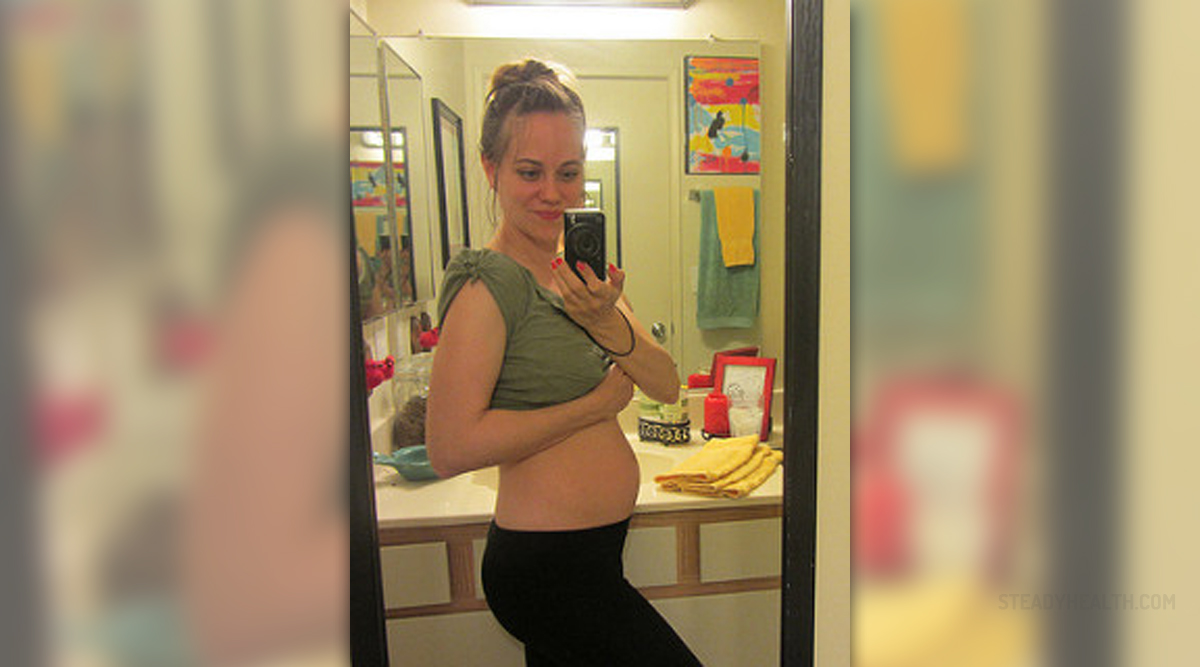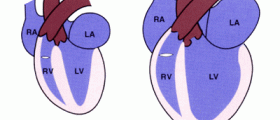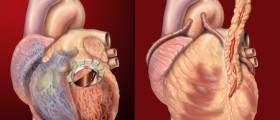
Causes of Dizziness in Pregnancy
There are several reasons for feeling lightheaded during pregnancy. One of the most common causes is standing up too quickly. By doing that, your body cannot adjust and there is not sufficient amount of blood coming to your heart, your blood pressure suddenly drops and you feel like you are going to faint.
Another possible explanation for dizziness is lack of food and/or water. Not enough food may cause hypoglycemia (low level of glucose in the blood) and it is known to lead to fainting or dizziness, especially in pregnant women. Improper hydration can have the same effect to pregnant woman’s body.
Hot rooms and even hot bathrooms or showers may also provoke dizziness in pregnancy. Overheating induces dilatation of blood vessels and that, in turn, causes a drop in your blood pressure and leads to lightheadedness and dizziness.
Hyperventilation due to anxiety or excess physical activity is yet another cause of lightheadedness in pregnancy.
Vasovagal response or vasovagal syncope is characterized by a drop in blood pressure and heart rate and subsequent dizziness. It can happen to some people (including pregnant women) trying to pee, have bowel movements or cough.
Anemia in pregnancy may also cause dizziness, because fewer red blood cells also means less oxygen for the brain and thus may provoke lightheadedness.
What to Do?
Regardless what has caused this feeling, lie down if you are feeling dizzy in order to avoid falls and some possible injuries. Try to lie on the left side to aid the blood flow to the heart and brain. If you cannot lie down, at least sit and place the head between the knees. Stop driving immediately if you feel dizzy.
During pregnancy avoid standing up from the chair or bed too quickly. At first, sit on the bed for a few minutes and then get up completely. Standing for too long in one spot is also not beneficial. Because of that, wear supporting stockings and move your legs every now and then to increase circulation.
Prenatal vitamins with iron and iron rich diet will prevent iron-deficiency anemia, but prior to any decision consult your doctor about necessary supplements.
Proper hydration and eating are very important, so drink at least 8 glasses of water every day and eat small meals every few hours. Make sure to always have some snacks at hand. Avoid hot places as well as hot showers and baths.
Too much exercise will not do you much good in pregnancy and you must try not to overdo it.
Vasovagal syncope is often associated with symptoms such as nausea, warmth, sweating, pale skin, yawning and hyperventilation which all occur before dizziness. If you feel like this, lie down at once, to avoid fainting and injuries.
Persistent or frequent dizziness and some more serious signs like severe headaches, speech and vision problems, numbness, bleeding, palpitations or fainting must be reported to your doctor as soon as possible.

















Your thoughts on this
Loading...